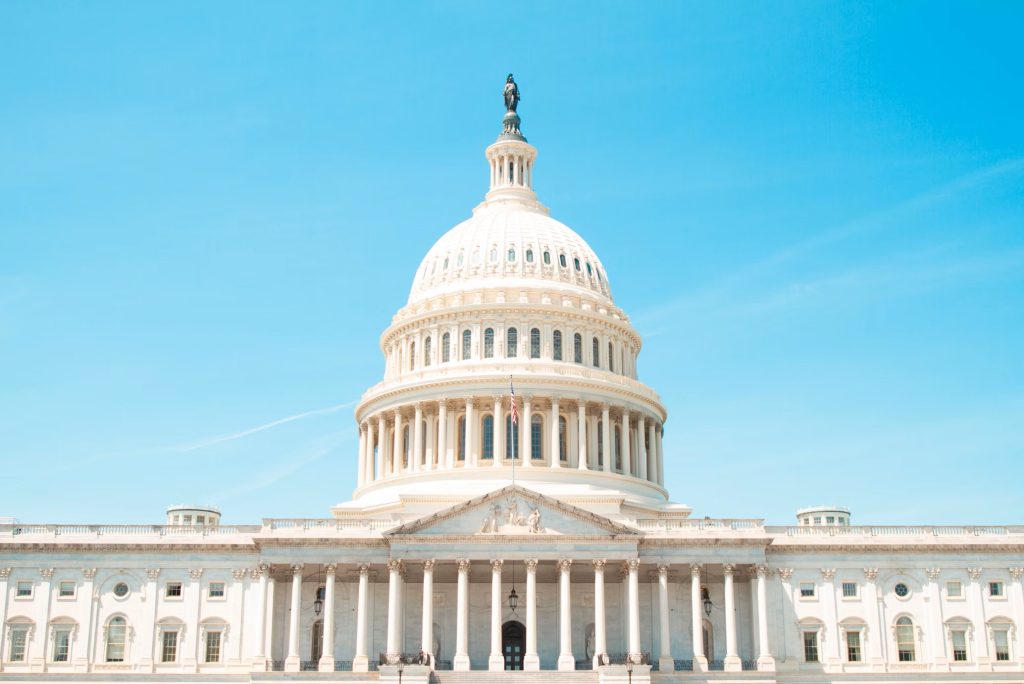Analysis

July 1, 2025
Industry groups praise Senate for passing tax and budget bill
Written by Kristen DiLandro
The US Senate on Tuesday passed the tax and budget reconciliation bill extending provisions of the 2017 Tax Cuts and Jobs Act (TCJA) scheduled to expire at the end of 2025.
The Steel Manufacturers Association (SMA) and the American Iron and Steel Institute (AISI) applauded the tax provisions included in the bill.
Steel advocacy support
SMA President Philip Bell said the group is encouraged by the Senate’s progress and noted his apprehension about commenting before the bill is passed by the US House of Representatives.
“We’re very pleased that the Senate has moved forward with the tax bill. And we think the tax bill, when coupled with revitalized 232 tariffs, are probably the two most powerful things the administration can do for the domestic steel industry,” he said.
Bell went on to pinpoint the benefits of the tax policy for steelmakers.
“There are three really important components we like. First, immediate expensing of research and development (R&D) investments. That is absolutely critical. As is, immediate expensing of capital equipment. In an industry with large-scale equipment, it’s very capital-dependent. Finally, what we really like is the facility expensing piece of the bill,” he said.
Bell noted that several projects have been moving forward, but freeing capital through the new tax changes expedites ramp-up time for facilities. And that means employing workers faster.
On the topic of workers, Bell called attention to the overtime exemption in the bill. “The icing on the cake is the overtime exemption. This will help our workers have more money in their pockets to take care of their families and to support the communities where they live,” he said.
The overtime exemption is a temporary measure added to the bill. For workers who earn less than $160,000 per year, overtime wages are exempt from federal taxes. The clause is applicable from 2025 through 2028.
Kevin Dempsey, president and chief executive of AISI, also lauded the restoration of tax provisions.
“We applaud Senate passage of this legislation, which will permanently restore key provisions that have a proven record of fueling innovation and economic growth, including 100 percent bonus depreciation for business investment, immediate expensing for domestic research and development expenses, and the EBITDA-based limitation on business net interest deductions,” Dempsey said.
“Capital investment is crucial for economic growth and job creation in the American steel industry and the manufacturing sector as a whole. Many of the key capital cost recovery provisions of the 2017 tax law have expired or are being phased out. Restoring these provisions is essential to ensuring that many companies will be able to make new investments in steel-intensive facilities and machinery,” he added.
The Congressional Budget Office states that the bill will “increase the deficit by nearly $3.5 trillion over the 2025–2034 period relative to the amount in the January 2025 baseline.”
Mining industry support
The bill includes a subsidy for met coal used in steel production.
A statement from the National Mining Association CEO, Rich Nolan, emphasized the group’s interest in supporting the domestic industry. He sees the bill as freeing the industry from constraints that limit the US’s ability to compete in the global economy.
“Through these measures, the bill will directly support US economic growth and security. Mining feeds and fuels virtually every American supply chain; a strong mining industry creates an equally strong foundation for every industry that depends on the products and energy we provide. More can be done, and the NMA will continue to advocate with Congress and the administration on ways to support additional domestic mining, and mineral production and processing,” Nolan said.






